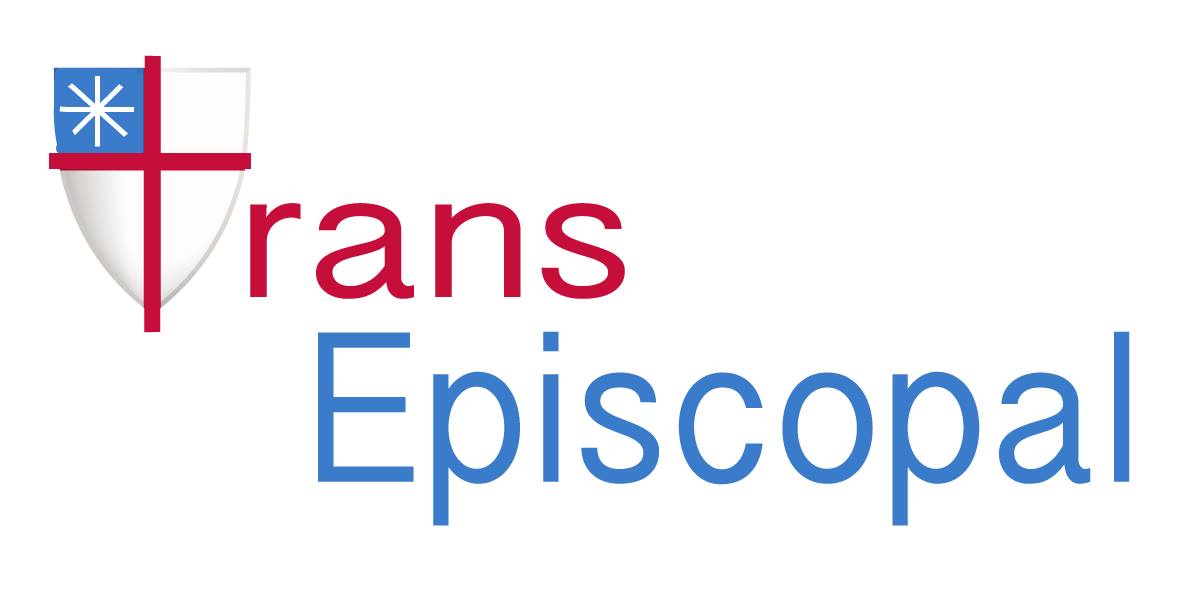Nu, I had mentioned the United Methodist Church’s latest LGBTQ+ news in my calendar posts on Facebook, and I wanted to say more about it.As many of you know, on the last day of the UMC’s Special Session of their international General Conference, last Tuesday (March 26th), the delegates passed the Traditional Plan 438 to 384, or 53.28% to 46.72%. And that Plan not only continues but in some ways intensifies the Church’s ban on hosting or officiating at same-sex marriages, and on LGBTQ people remaining or becoming clergy. The One Church Plan would have at least let each congregation decide how to handle these issues. Some parts of the Traditional Plan were ruled unconstitutional, and the Plan will be discussed by the Judicial Council at their meeting next month (April). Whatever becomes law will go into effect next January 1st (2020) in the US, and next May in the rest of the world (after GC 2020). Some UM churches are already resisting and planning to.
As fewer of you know, my spouse
Julia was raised in the United Methodist Church, here in her hometown and our current home of Gaithersburg, Maryland -- a city with a very long and rich Methodist history, including churches founded by formerly enslaved Black people (indeed, her first church was in the town of Washington Grove, which started life as a summer retreat for Methodists in Washington, DC). She left the Church as a teenager, to explore other faiths / religions / spiritualities, and came to identify as an agnostic; since we met a decade ago, she has found meaning in my traditions, Judaism and the Episcopal Church.
I lived in the Boston (Massachusetts) area until moving here in 2014 -- for most of my life there I had little awareness of the UMC there or elsewhere, though it is one of the largest religions in my home state (not that much smaller than my own, though all are much smaller than the Roman Catholic Church). Though there were moments -- including hearing that a young trans colleague had found a spiritual home in a local UM church.
However, in 2007, I became one of the founders of the Interfaith Coalition for Transgender Equality (ICTE) -- Massachusetts Transgender Political Coalition's (MTPC) project which led the faith campaign for MA’s first trans rights law and part of the second. One of my fellow ICTE founders was a trans Methodist leader, and brought an allied Methodist colleague aboard, and they brought others, and many Methodist churches worked on ICTE’s campaign -- though most could not publicly acknowledge their work.
Julia and I have visited a few of our local UMC communities, including the ones that hold some of her family’s history, and we would like to visit more, but the LGBTQ issue is our primary barrier. The UMC’s painful process, including this week’s news, has been much less hurtful to us than many other people inside and outside of the UMC, but it has been hurtful.
I also want to second a few of the less common emotions I’ve seen, on social media and elsewhere.
It’s not okay to say “LGBTQ(I)(+)” (lesbian, gay, bisexual, transgender, queer, intersex…) and then only talk about cis (non-trans) gay men and possibly lesbians.
"LGBTQ" =/= "gay". Sex =/= gender =/= sexuality.
If you say “brothers and sisters” instead of “sisters, brothers and other siblings” or just “siblings”, you are not including non-binary people such as myself (and, family language doesn’t work for everyone).
Not all LGBTQ people (or allies) are able or willing to leave the United Methodist Church, for a variety of reasons. (Yes, for many it is an abusive relationship -- and those are extremely hard to leave, whether they’re with groups, individuals, or other things; I’m an abuse survivor myself.)
The rest of the Church also has a lot of LGBTQ+ work to do -- including the Episcopal Church. So does the Jewish community. So does the rest of the faith / religion / spirituality community. (Yes, even the Metropolitan Community Church (MCC), and Unitarian Universalist Association (UUA).)
The UMC also continues to struggle with white supremacy and all its components, and with intersectionality -- and so does the rest of the Church and the faith / religion / spirituality community (as always, I’m thinking especially of ableism and fatphobia).
LGBTQ-phobia in communities and countries of color is largely the result of Church and secular colonization (which have rarely if ever been separate), in this country and many others.
And I want to pray for and with my LGBTQI+ sisters, brothers, sothers, bristers, and other siblings in the United Methodist Church.
May you know that these Plans are not God’s, and that you are, always have been, and always will be part of Their Plan.
May you find healing, hope, and a home, in the UMC and/or elsewhere.
May the UMC find a true Way forward, with and/or without you.
Amen.
#UnitedMethodistChurch #GC2019 #UMC #UMCGC






